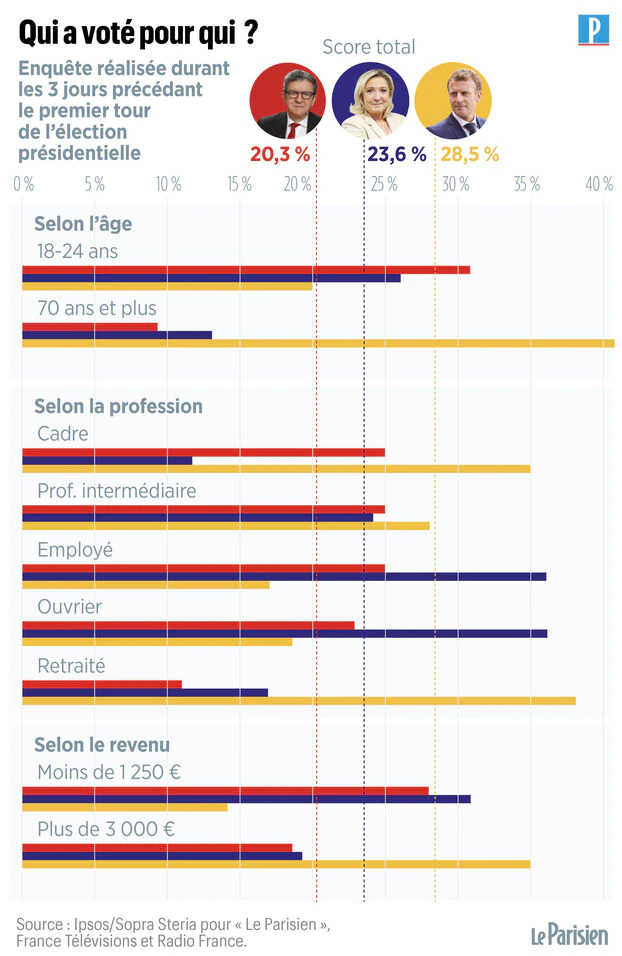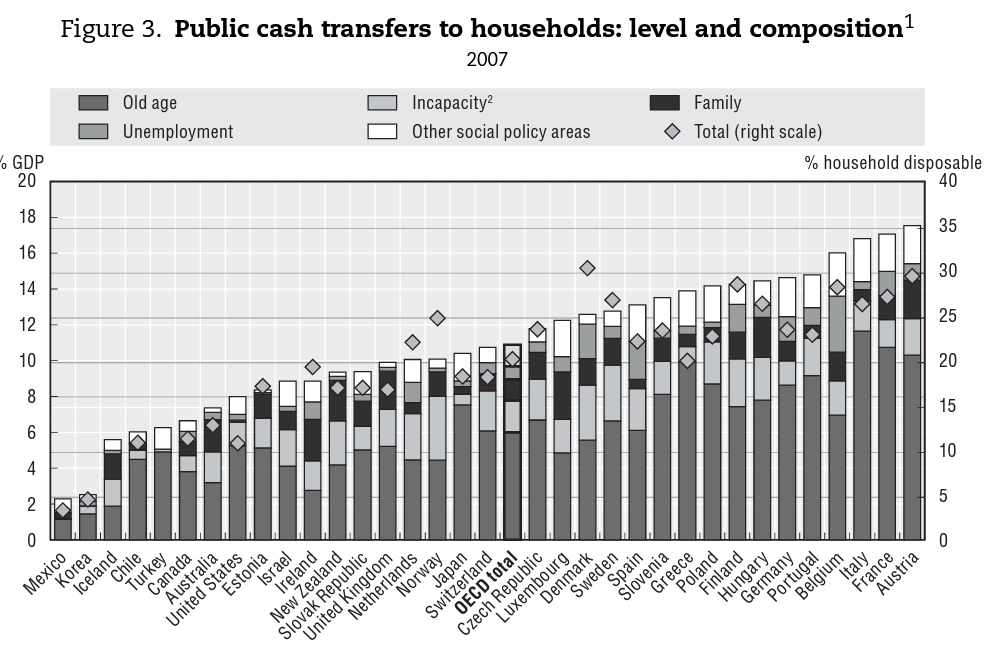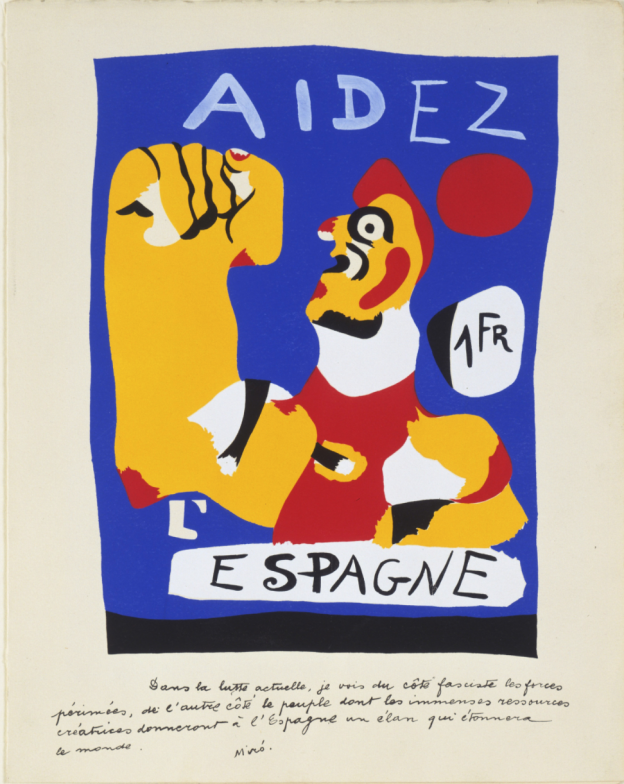Although an account by former Russian paratrooper Pavel Filatyev and a Washington Post article today by Greg Miller and Catherine Belton should be read with caution, these sources paint a consistent picture.
Before the February invasion, the Kremlin believed that the government of Ukraine was compromised and the Ukrainian public would support a Russian occupation. Russian agents had strong reasons to disbelieve both assumptions; they had even conducted reliable polls in Ukraine that showed a high willingness to fight. But they had no incentives to tell their superiors the truth.
Putin also believed he was ordering something like 200,000 soldiers to invade and occupy a compliant Ukraine, but the real number may have been closer to 100,000. Commanders all down the line had incentives to lie about how many men had actually been recruited, had reported for duty, had remained on base, and had received basic training and essential equipment.
Meanwhile, the Ukrainian security services received US and British intelligence that Russia was preparing to invade and duly reported those assessments to President Zelensky. But they also knew about poor Russian preparation and thought that the invasion was probably a bluff. At the same time, many Ukrainian officials feared that Russia had fatally compromised own security services–mirroring the Kremlin’s assumptions. US intelligence also underestimated Ukraine’s potential in the case of war, which may have delayed US military aid.
Clearly, the errors were worse on the Russian side, and they may be continuing. A study by Jeffrey Sonnenfeld and colleagues claims that “business retreats and sanctions are catastrophically crippling the Russian economy,” contrary to what Russian government statistics currently suggest and what Russian leaders may sincerely believe. Likewise, Russian apologists for their own system who cite conservative values, like traditional gender roles and faith, seem blind to facts. Russia, Kazakhstan, and Belarus have three of the four highest divorce rates in the world. Eight percent of Russians attend church regularly, as compared to 48% of supposedly decadent Americans and 19% of Ukrainians.
Time will tell who is right about the Russian economy and other issues. The general point is that no government can automatically or easily know what is going on. A government may not even know how many soldiers are enlisted in its own national army, let alone how the economy is really performing or how the public would respond to new events.
A government can allocate resources to collect information. When William the Conqueror suddenly obtained absolute power over England, one of his first acts was to order a census of its land and people, the Domesday Book. However, state capacity is always limited (there was no new English census for two hundred years after William’s), and money does not straightforwardly buy truth. It can even create incentives to mislead. Miller and Belton report that the Kremlin now regards Viktor Medvedchuk as a traitor because he delivered nothing in return for huge payments from Russian intelligence.
The more authoritarian a government is, the more it can give itself the right to collect information. It can employ surveillance, coercion, and even torture. On the other hand, authoritarian governments tend to monopolize information, depriving themselves of independent checks on what they believe. They invite people to lie to obtain preferment or avoid punishment. And they often focus on collecting information that most directly affects their own survival (such as the names of potential opponents) rather than information that would help them govern effectively.
I suppose that an authoritarian government that is broadly popular, such as the Soviet Union at the height of WWII, may perform decently well because individuals are motivated to try to do what they say they are doing. For instance, military officers don’t merely claim that they have followed orders; they do their best to follow them. But when authoritarian governments have lukewarm support, they are highly vulnerable to misinformation.
To various degrees, democratic governments restrict their own ability to collect information. At the limit, a highly democratic government could not employ spies, because it would be fully transparent to its own citizens. (That would deprive it of some ability to collect information–for better or worse.) There are many other reasons for democratic systems to misunderstand reality, including groupthink and confirmation bias, an urge for popularity, short time-horizons, failures to invest in research, and sheer human error.
We should never assume the reliability of information provided by any institution. For instance, today’s Washington Post article is not Gospel truth; it is a piece of reporting that depends on sources who have interests and journalists who have frameworks. But it is equally foolish to reject all official information as biased. Often the best we can do is to examine the processes and incentives that have generated data. For instance, if the people inside a system are reasonably protected against political interference and reasonably likely to be rewarded for accuracy, the system is more credible. And if information that comes from several autonomous organizations converges, the odds improve that the results are valid–although cultural and ideological biases could still operate at that level.
Overall, authoritarian governments tend to be unreliable sources. Often they pay the price for their own errors.
See also conflict v mistake as a framework for politics; is society an artifact or an ecosystem? (and what that means for citizens); China teaches the value of political pluralism; etc.


